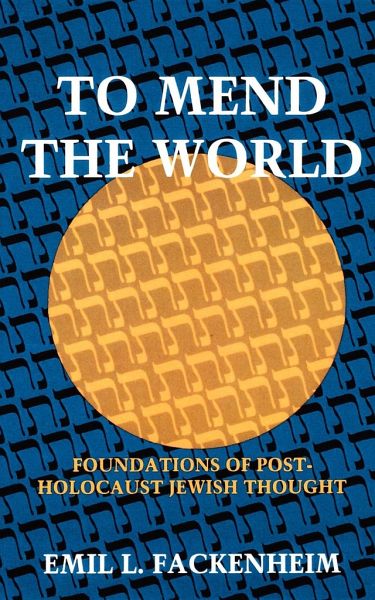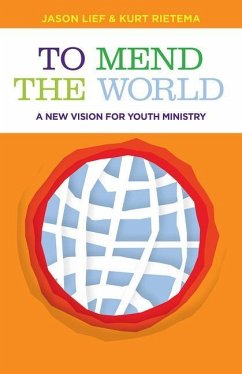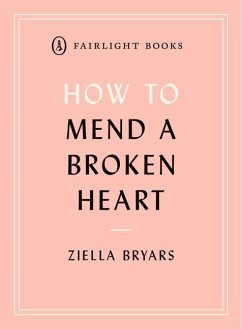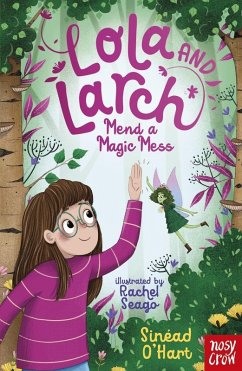Nicht lieferbar

To Mend the World
Foundations of Post-Holocaust Jewish Thought
Versandkostenfrei!
Nicht lieferbar
Points the way to Judaism's renewal in a world and an age in which all of our notions - about God, humanity, and revelation - have been severely challenged. This title tests the resources within Judaism for healing the breach between secularism and revelation after the Holocaust.













